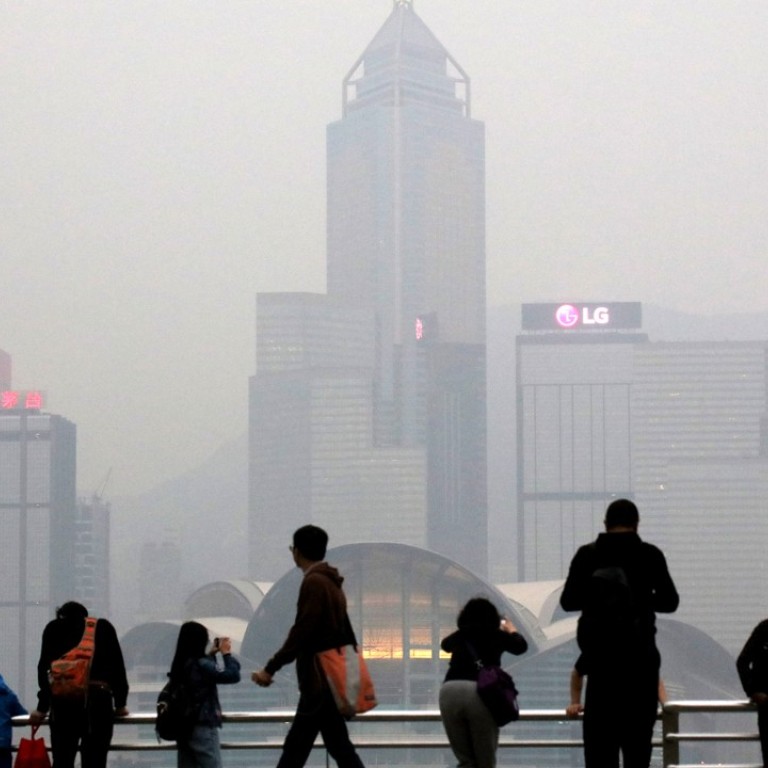
Who will be Beijing’s point man on Hong Kong? One of the big unanswered questions from China’s political event of the year
Much has also been left unsaid on overhauls to financial regulation and foreign affairs decision-making
As the biggest event on China’s political calendar comes to a close, several key questions remain unanswered, including who will oversee Hong Kong in the coming term.
This year’s session of the National People’s Congress ends on Tuesday after two weeks of meetings in Beijing that have seen the passage of historic constitutional amendments to end presidential term limits and the fortification of the Communist Party in governance.
There have also been the unveiling of a new political line-up and a sweeping reorganisation of ministries under the State Council, China’s cabinet.
But much was left unsaid about changes for smaller central government agencies, and how the party’s policymaking groups will tie in with state departments.
The blueprint for further changes at party institutions remains unknown to the public, despite the plan on revamping both the party and the state departments being approved in late February.
In terms of Hong Kong, Beijing has yet to say who the party’s point person for the semi-autonomous city will be in President Xi Jinping’s second term.
If precedent is any guide, one of the seven members on the Politburo Standing Committee – the highest echelon of the party’s leadership – is likely to head the Central Coordination Group for Hong Kong and Macau Affairs, the party’s decision-making body for the special administrative regions.
There has been speculation that the group would be headed by newly appointed NPC chairman Li Zhanshu, orthe party’s anti-graft tsar Zhao Leji or the ideology tsar Wang Huning – both Zhao and Wang attended the meeting of the Hong Kong delegations at the NPC and Chinese People’s Political Consultative Conference. There was also a suggestion that new Vice-President Wang Qishan could take on the job, given that Xi was the group’s head before becoming president in 2012.
The assignment has been closely watched, as the city has grown more politically divided since large-scale protests against Beijing in support of universal suffrage in the 2014.
There have also been rumours about a potential merger of the Hong Kong and Macau Affairs Office and the Taiwan Affairs Office within the State Council, a move that would put Hong Kong’s status on a par with Taiwan.
But both Zhang Xiaoming and Wang Guangya, the serving and former HKMAO directors respectively, said they were not aware of a merger.
On the finance front, China announced a merger of its banking and insurance watchdogs, the China Banking Regulatory Commission and the China Insurance Regulatory Commission.
But there has not been an official announcement of who will head the consolidated body, or how it will operate alongside the central bank. One possible candidate for chief is CBRC chairman Guo Shuqing.
China is also shaking up its foreign affairs team by merging two ministerial-level party organisations under its top diplomat Yang Jiechi, confirming an earlier South China Morning Post report.
This would consolidate the party’s International Liaison Department, which is responsible for relations with overseas political parties, with the Office of the Central Leading Group on Foreign Affairs, the party’s agency for coordinating foreign policy led by Yang.
While it has not yet been publicly announced, Yang is expected to head the new body and report to Wang Qishan, the vice-president likely to be given the country’s foreign affairs portfolio. But it is not known how the body will operate, given overlaps in the functions of the existing offices, and how it will work with state institutions such as the Ministry of Foreign Affairs.


